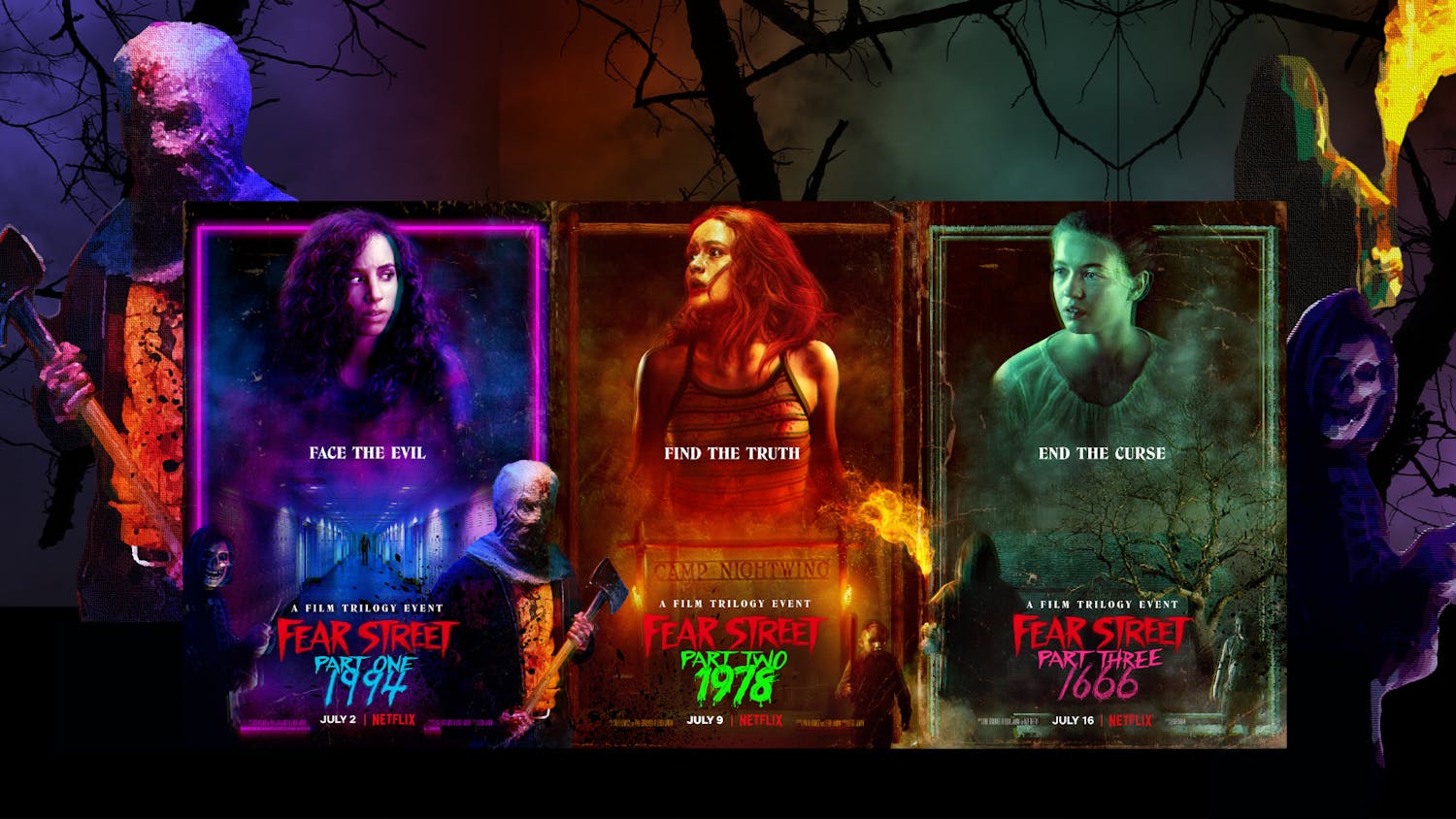It’s OK to like labels on things other than clothes — or really, on anything but your clothes — because those things can be itchy and uncooperative. Some people say labels are limiting, but I argue they are liberating. As humans, it is easier for us to categorize things. Labeling helps us process the world around us, as well as ourselves.
Self-discovery involves pushing your boundaries as much as it does realizing when you can no longer push. For instance, you may force yourself to go to parties and group dinners even though you would rather stay at home, watch Netflix with your cat and draw. Realizing you’re an introvert may allow you to not feel so guilty about saying no to invites you don’t feel up to accepting. Self-ascribing that label is not putting a limit on yourself but rather letting you be who you are.
Accurate labeling is also important when dealing with mental or neurological disorders. If you are depressed, before you are diagnosed you may just think you are lazy, incompetent and worthless. Receiving a label from a doctor can be such a relief in this situation — to discover the way you feel is not your fault. And once you know there is a reason behind your illness, you can go about managing it instead of feeling helpless. Instead of your symptoms being enigmatic details that make you feel incapable for not dealing with them, you now have a tangible name to associate your feelings with.
When “Britain’s Got Talent” singer Susan Boyle was diagnosed with Asperger’s syndrome, she said it gave her a sense of comfort. She told the U.K. Observer, “Now I have a clearer understanding of what’s wrong, and I feel relieved and a bit more relaxed about myself.”
Having a word or words to describe yourself to others can help you acquire resources that you need as well as make relationships with people who have common experiences.
However, there are ways to abuse labeling.
A person is more than just one part of him or herself. You may have depression, but you are not depression; it is not your defining characteristic. You may also be an avid video gamer, a graphic novelist and a Trekkie. Sometimes people can let one aspect of their identity consume them, or they use it as an excuse for other actions.
For instance, if you have Asperger’s, that diagnosis should be a means to understanding oneself and learning how to interact with the world considering your limitations. It should not be a scapegoat for thoughtless behavior.
Similarly, some people misuse labels. They go through them like toilet paper: Someone who checks on all the locks before she goes to bed calls herself OCD, a person who washes his hands before every meal is a germaphobe, someone who had a bad day is depressed or someone who has a nervous stomach before a speech has social anxiety. The overuse of words that describe serious, life-debilitating illnesses weakens their meanings and hurts people who are really suffering.
But with an estimated one million words in the English language, you can mindfully choose words with definitions that fit you.
You probably don’t want to wear your identities on your clothes like you do labels — that may be a bit too forward — but just knowing them for yourself can be really comforting.
[Lauren Adamson is a UF journalism junior. Her columns appear on Tuesdays. A version of this column ran on page 7 on 2/4/2014 under the headline "Labels can liberate rather than limit"]





